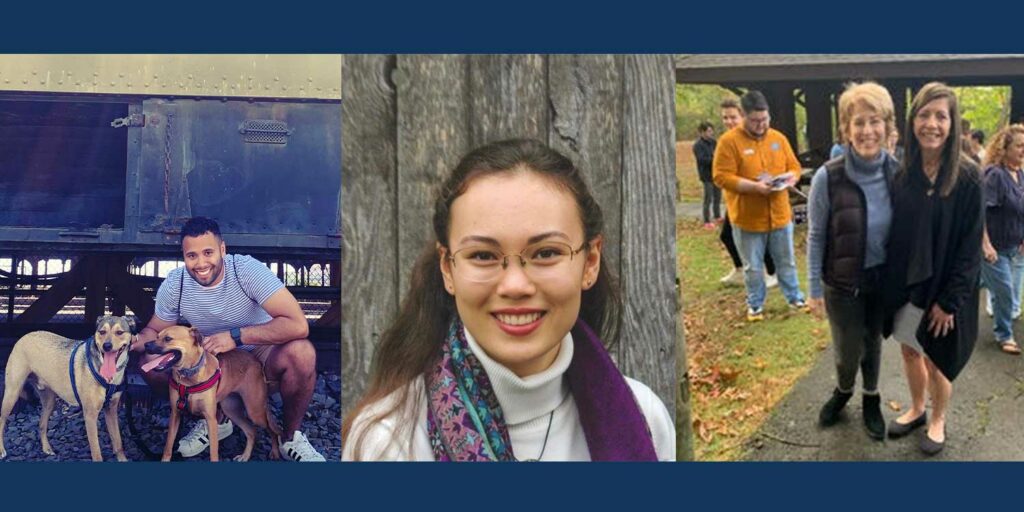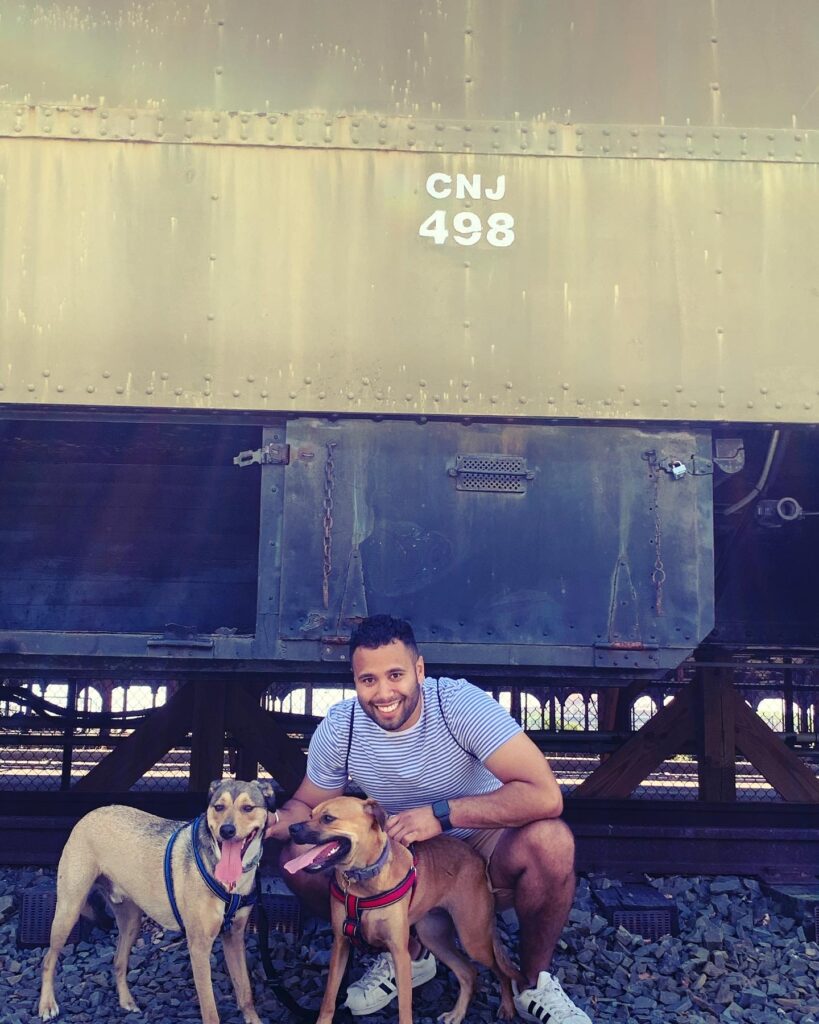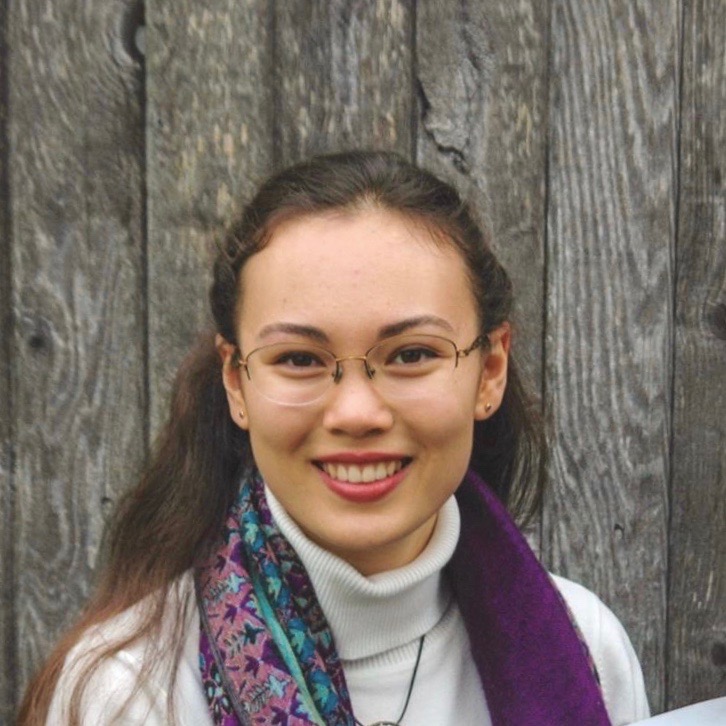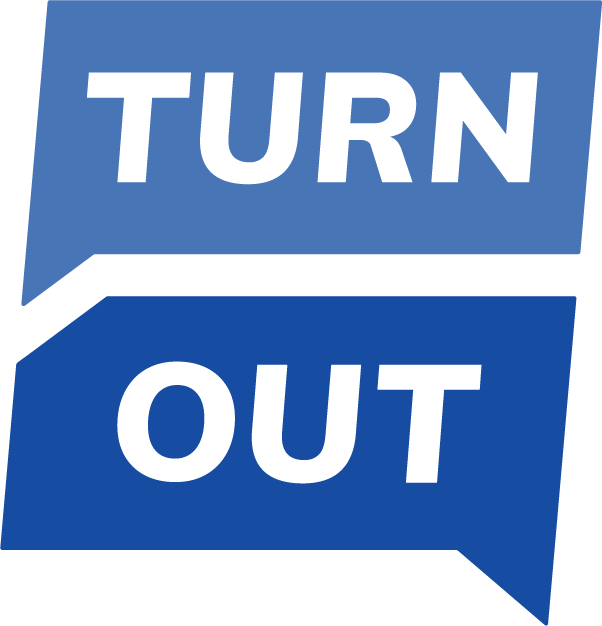About Us: Progressive Turnout Project is the largest voter contact organization in the country, specifically dedicated to mobilizing the Democratic Party and defending democracy. Our mission: rally Democrats to vote.
Working on a political campaign is hard work. The days can be long and demanding. Oftentimes work can be difficult to allocate when the tasks are many and the volunteers few.
Our Turnout Fellows program offers much-needed opportunities for Democratic campaigns to retain talented, dedicated, and accomplished individuals on staff, and boost their campaign’s chances of success.
Just one Turnout Fellow can have a profound impact on the feats that a campaign is able to accomplish, and the voters that they are able to reach.
Here’s how it works
Progressive Turnout Project works with Democratic campaigns to identify individuals with talent and passion — but who could do even more with a paid staff position. Then, we fully invest in the success of those Turnout Fellows. Our goal is to better equip down-ballot campaigns for the important work of direct voter contact.
This year we placed 152 Fellows who made over 200,000 voter contact attempts, and we’re looking to expand even further in 2022. By adding these roles to state legislative campaigns, we hope to empower those campaigns to reach more voters.
Progressive Turnout Project funds the Fellow, as well as providing two months of training sessions to equip them with the most effective resources, strategies and expertise to support their candidates.
But what exactly does a Fellow do?
We spoke with three Turnout Fellows in New Jersey — getting some much needed rest after Election Day — to hear what a day as a Turnout Fellow is really like, door knocking, emails, chance meetings and all. Here’s what they had to say:
Margaret Capodanno

For those of us not familiar with New Jersey, why were the 2021 elections important?
New Jersey is one of two states to hold statewide elections the year after the presidential election (Virginia is the other). Together they serve as a bellwether for the political mood of the country, testing the President’s popularity, and are early indicators for the following year’s midterm elections. Historically, the trend has been for these states to elect Governors belonging to the party opposite of the occupant of the White House.
New Jersey has not reelected a Democratic Governor since 1977 (Brendan Byrne, 1974–1982). Combined with the NJ GOP’s embrace of Trump, the ongoing pandemic and wanting to continue the progress NJ Democrats have made, reelecting Governor Phil Murphy was critically important. Every election is important, and of course your goal is to win for your party, but the stakes were elevated this year.
What accomplishment are you most proud of?
I was tasked with bringing in wins in my town (Mountain Lakes) for Governor Murphy, who lost [the area] by 7 votes in 2017, and the LD-25 Candidates. In addition to running Field for the LD-25 campaign, I also oversaw canvassing in my town. I worked with Governor Murphy’s “NJ Forward” campaign to complete two full passes of town and were on our way to completing the third, something we’ve never done before. [Note: a “full pass” means the campaign attempts to contact each voter once — for example, by knocking their door.] Governor Murphy won by 136 votes, and Assembly candidates Lauren Barnett & Patricia Veres won by 288 votes.
What was your favorite task?
My favorite task was canvassing with the candidates. Canvassing with a candidate is markedly different from canvassing as a volunteer for a campaign. The conversations are typically more policy based and you have the opportunity to have more meaningful conversations. I always learned something new when I partnered with them and I’m a stronger canvasser now because of that experience.
Rolando Morales
Why were these elections important for you?
For us it was important because almost every seat was up for election this year. So everyone was canvassing or campaigning to either win their seat back or to get that seat that they want.
What accomplishment are you most proud of?
I would say I have two big accomplishments. The first one was when I had the chance to make a Spanish script for candidate Christine Clark when we did our phone calls. What I’ve realized is, people, whether it be Republicans or Democrats, don’t reach out as much to the Hispanic community because there’s that language barrier. So being able to help Christine Clark with making the script was amazing. I can’t thank her enough for being able to reach out to the community. The second was when I was able to go out and canvass specifically for the communities with just Spanish speaking voters. That was really fun, canvassing, talking about what’s coming up, and hopefully encouraging people to go out and vote because Latinos and Hispanics have a lower voting turnout rate than than some other groups.
Would you say that was the moment that you felt most important to the campaign?
Oh, yeah. I was asking Brad, the New Jersey fellows coordinator, what can I do to get more involved with my campaign? I’m just canvassing and I want to do a little bit more. He’s like, start asking, what else can you do? And once they gave me that responsibility (reaching out to the Spanish speaking community), I really did feel like I had a bigger role to play within my campaign and the democratic process. I really enjoyed my time a lot more once I got that responsibility, and being able to see people say “thank you for coming out and talking to me.” They’ve never really gotten someone to talk to them about, you know, politics or government or anything of that nature. So it was just really incredible to be able to do that.
Olivia Zhou
Why were these elections important for you?
What’s interesting about [LD 21] is that it’s historically voted Republican on the state level. But, it’s also reached a point where technically there are more Democratic voters. But there’s, of course, this huge group of independents, and so it’s formerly red now technically in purple territory. So the challenge that we had was trying to see whether we could flip it blue.
What would you say is a typical day on the job for you?
My title was Campaign Coordinator. I was kind of a Jill of all trades. I usually start first by checking the campaign calendar. So I was often scheduling things, looking at campaign events and communicating them to the candidates because they would have to attend those. If there was an event that I was staffing, which happened pretty regularly, I would be taking photos, posting them on social media. My day also often included coordinating; we had a lot of canvass launches. Sometimes we had university students come over and knock doors, so I would be sending emails, making calls, recruiting them, updating things, and making sure that everyone who would be coming to the office to either knock doors or volunteer or do something else, had the information they needed.
What would you say has been your best day on the job?
There was this one day, November 1, where we had more than 35 kids from Columbia University come over to knock doors in our district and it was really exciting because it was a big number of college students they were bussing in. And the whole event was something that bookended my experience on the campaign, because I remember in the first week that I was working there we were starting to coordinate that and plan that and reach out to these students. And so it was a nice culmination because in the very end, I got to help see that project through alongside the campaign manager. We were the ones who were emailing them, getting their food orders, coordinating the transportation and everything else in between, and I was also posting social media. So I think that was my best day, because it let me experience everything I’ve done so far in one day, and it was an event that I helped see through from its beginning to end.
What was the funniest thing to happen to you as a fellow?
Oh, yeah! This was great. So this is around early October, and one of the things I was doing was yard sign runs. I would send out a form people could fill out if they wanted a yard sign that would be delivered to their home address. One day I was driving through Cranford, this nice town in LD 21, putting signs in people’s yards, and I passed this figure, this woman on the road, and I kind of recognized her but I kept on putting signs in the yard. Then, she comes up to me and it turns out it was one of the candidates! She was one of our most prolific door knockers, and we just happened to run into each other that day. She was knocking doors in Cranford on that same street, the same moment as I was putting a yard sign in a person’s front yard.
Questions about our Fellows program? Email info@turnoutpac.org.
Is your campaign seeking our endorsement? Email endorsements@turnoutpac.org.
To support the Turnout Fellows and our other voter turnout programs, you can contribute to Progressive Turnout Project here.




